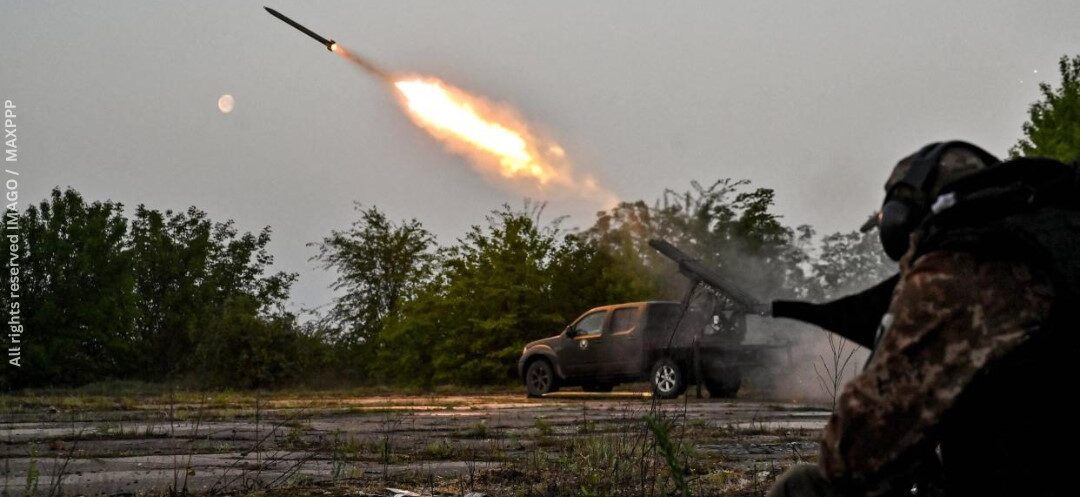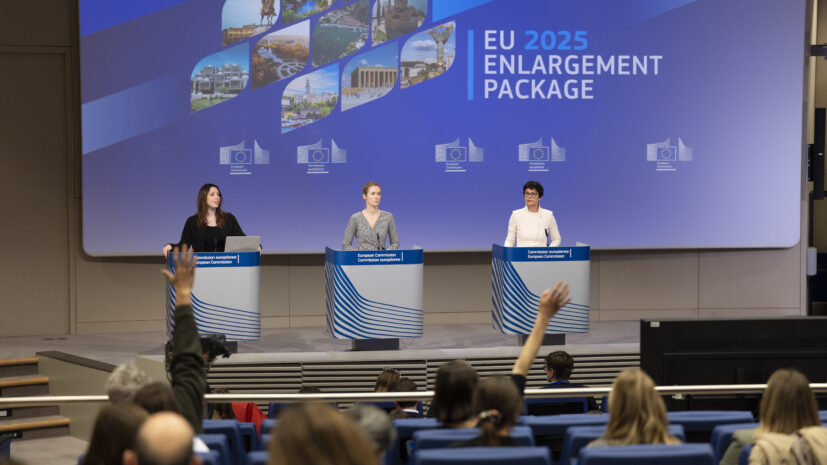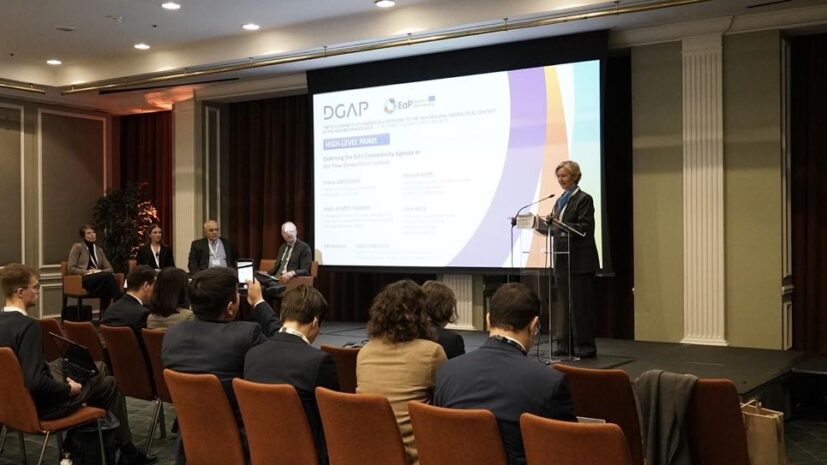
Germany and Russia’s War of Aggression against Ukraine: The Third Year
This online text is the executive summary and introduction of the DGAP Report "Germany and Russia’s War of Aggression against Ukraine: The Third Year".
Find the full report here.
Executive Summary
The stagnating EU accession process needs political will and procedural changes allowing eastern candidates to advance. In the meantime, they should be more supported to use the full potential of existing opportunities for gradual economic and sectoral integration with the EU.
An upgraded Eastern Partnership needs a comprehensive security dimension linking resilience, connectivity, and defense policy, as well as cooperation in the area of the Common Security and Defence Policy.
The protracted regional conflicts (in Moldova and the South Caucasus) require a more active EU engagement as existing OSCE formats continue to be blocked, and Russia’s role and military presence weaken. New openings for conflict resolution mean higher demand for the EU’s diplomatic, monitoring, and peacekeeping capacities.
A new eastern Neighborhood Policy should be designed for the wider region, connecting the Black Sea and the South Caucasus with Central Asia and thus creating viable alternatives to the competing geoeconomic and governance “offers” of China, Russia, and Turkey.



